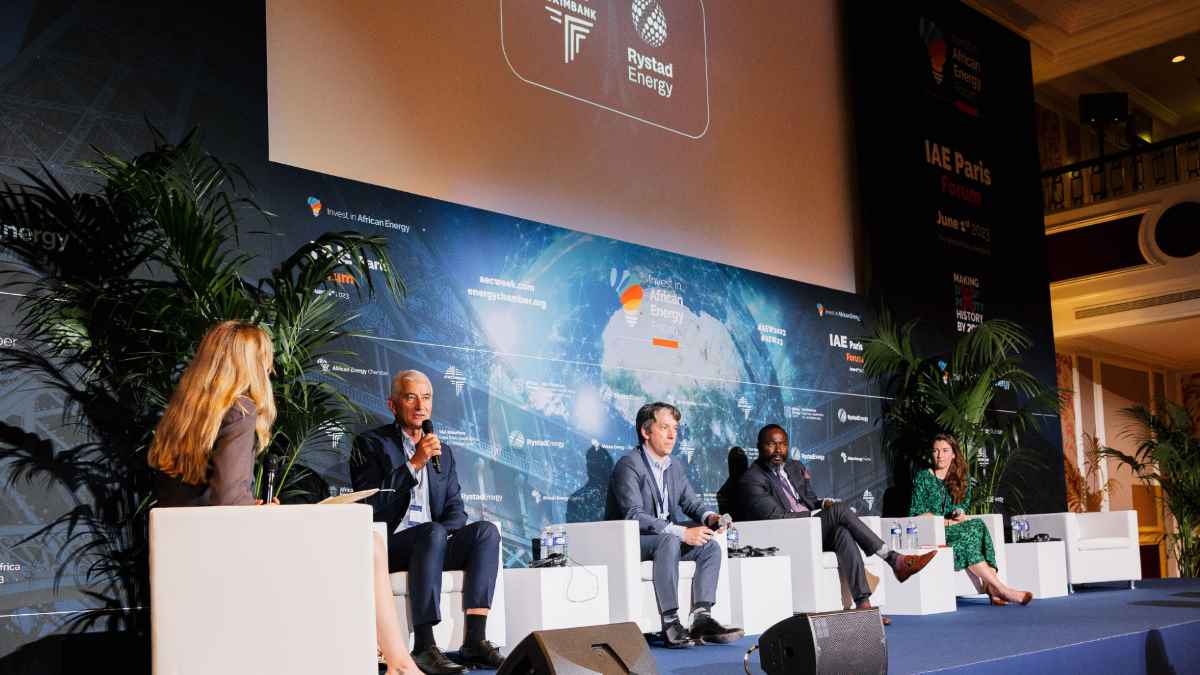Business
Policy Insights: How African-European Partnerships are Shaping Oil & Gas Regulations

Events
As global power structures shift, Invest Africa convenes The Africa Debate 2026 to redefine partnership in a changing world
Business
Zion Adeoye terminated as Chief Executive Officer (CEO) of CLG due to serious personal and professional conduct violations
Business
The International Islamic Trade Finance Corporation (ITFC) Strengthens Partnership with the Republic of Djibouti through US$35 Million Financing Facility
-
Energy5 days ago
Africa Finance Corporation Acts as Financial Adviser on Landmark Power Sector Bond Issuance under Nigeria’s Presidential Power Sector Financial Reforms Programme
-
Business5 days ago
APO Group Strengthens Advisory Leadership with the Promotion of João Marques to Executive Director, Strategic Advisory
-
Energy3 days ago
Trinidad & Tobago Prime Minister (PM) to Address Caribbean Energy Week (CEW) 2026 Amid Multi‑Billion‑Dollar Energy Investment Surge
-
Business3 days ago
CGTN: Vision 2030: China’s tech blueprint reshaping global innovation
-
Business3 days ago
Equatorial Guinea, Chevron Sign Aseng Agreement, Strengthening GEPetrol Participation
-
Energy2 days ago
African Energy Chamber (AEC) Endorses Kigali’s Africa CEO Forum as the Continent’s Strategic Hub
-
Business3 days ago
South Africa Joins Afreximbank, Announces US$8bn Country Programme
-
Energy2 days ago
Investors Look to Paris to Gauge Africa’s 2026 Energy Pipeline